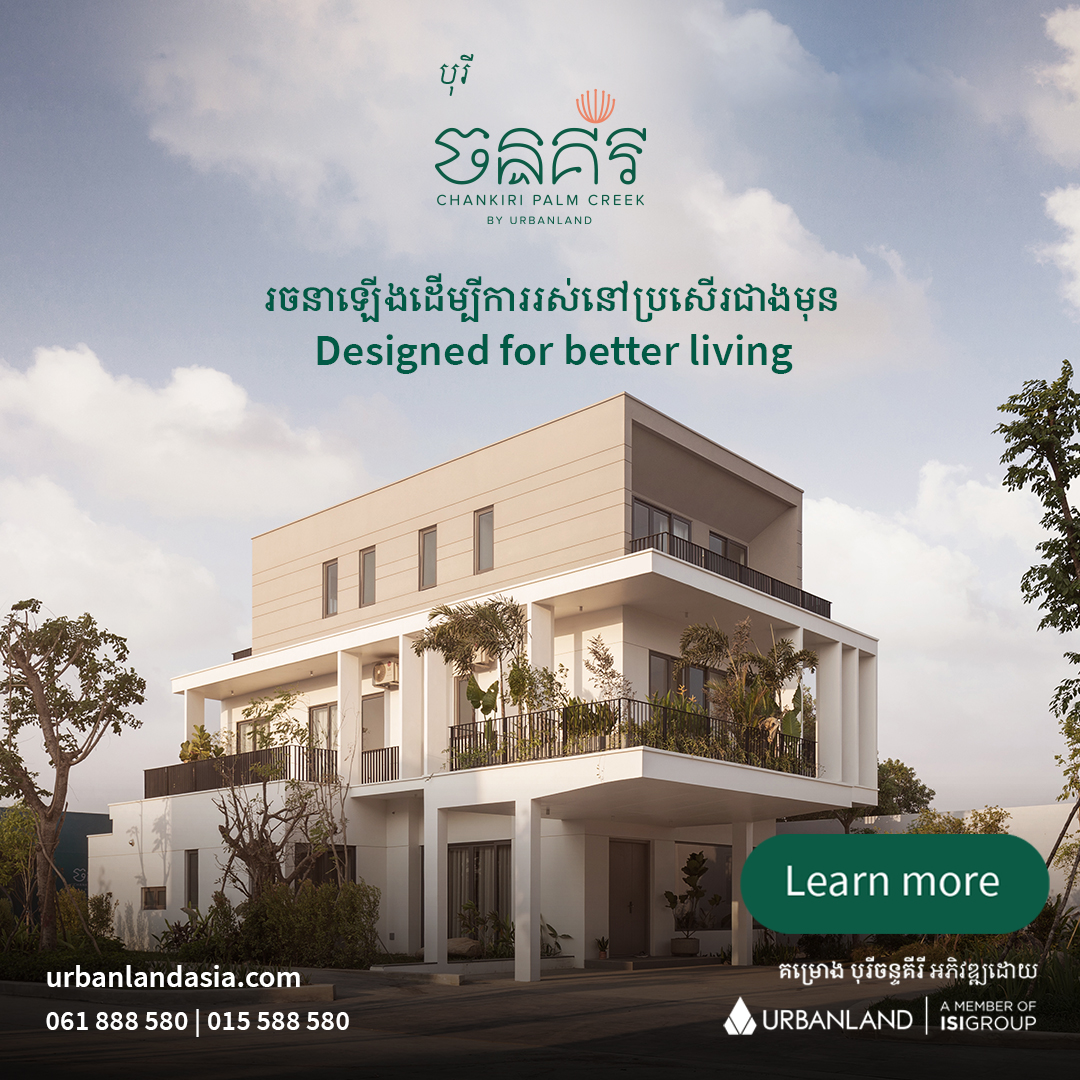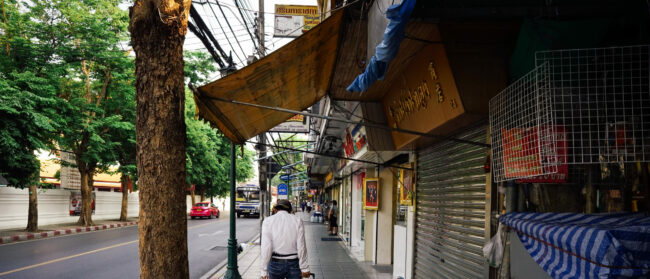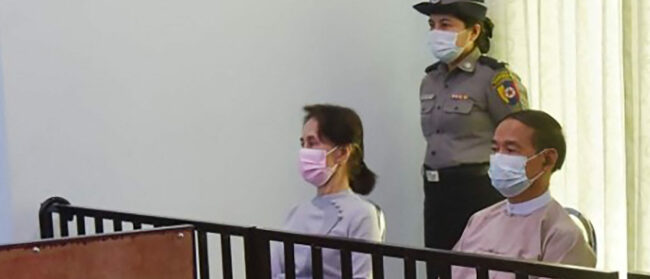Thailand is the world’s most unequal country. Deep, persistent inequality is represented across several sectors of the nation’s economy, including agriculture.
According to Protection International, while 57% of Thai farmland is publicly owned, 43% is privately owned and 90% of this land – or more than 127 million rai – is owned by just 50 individuals. Half of land in Thailand is used for agriculture and a third of the workforce are employed as farmers. Many of Thailand’s 5.9 million farming households do not own land – many of which are deeply in debt. Protection International maintains that there are at least 1.5 million families who have to rent the land that they till.
In Thailand’s southern provinces, economic and structural challenges have created a number of crises for the poor. The coronavirus pandemic has threatened livelihoods, and government reforms aimed at broader economic growth are putting additional pressure on low-income farmers. Struggles over land rights that date back decades have forced locals to occupy hundreds of acres of land in order to protect it from palm oil companies, who have illegally occupied land with expired leases and have worked in concert with complicit local politicians.
These land disputes have turned violent, with land rights activist and lawyer Somsak Onchuenjit gunned down on the morning of May 4 while working on a rubber plantation near his home in the Wangviset district in Thailand’s southern Trang province. According to Human Rights Watch, Somsak told his family that he had been followed and was receiving death threats.
While he reported the threats to local authorities, no protection was offered or investigation followed. Shortly after his murder, police arrested suspects, one a former village headman who had just served two years in prison for a crime in Nakhon Si Thammarat. But Somsak’s case remains relatively rare in that authorities brought his alleged killers to face justice. For others, it feels like a pipe dream.
Violence over the past several years has increased, with the Thai government largely unresponsive to the threats these communities face or slow to investigate and provide justice for victims and their families. The Southern Peasants Federation of Thailand (SPFT), advocates for landless farmers, are one group on the frontlines of land conflicts in the southern Thai provinces.
Created in 2008 out of a frustration with land inequality, corruption, and the slow, bureaucratic pace of reform, the aim of the organisation is to fight for community land titles from the Thai government. While the SPFT has enjoyed some success, now occupying several plots of land organised into communities throughout Surat Thani province, they have on many occasions become victims.
Between 2010 and 2015, four members of the SPFT in Surat Thani province were killed, while others have had attempts on their lives. The first death in January 2010 was that of Somporn Pattanaphum, a member of the SPFT who was found dead along the outskirts of the SPFT Khlong Sai Pattana community, his body riddled with shotgun and M-16 assault rifle wounds.
Two years later, two female human rights defenders and land activists, Pranee Boonrat and Montha Chukaew, were on their way to a market when they were shot dead. Then, in February 2015, Chai Bunthonglek, a 61-year-old garbage recycler and SPFT land rights activist was assassinated. While there were repeated demands asked of the Department of Special Investigation (DSI) to investigate, they refused on grounds that it did not fall within their jurisdiction. Charges against his alleged killer were dropped in 2016.
Members have been threatened with legal action or intimidated with lawsuits over the course of their long struggle. In the rush to curb free expression and under the banner of “returning happiness” to the people, the Thai military junta in February 2015 summoned Peerat Bunrit, a member of the SPFT, after he participated in land rights events. The military demanded that Peerat attend an attitude adjustment camp for three days.
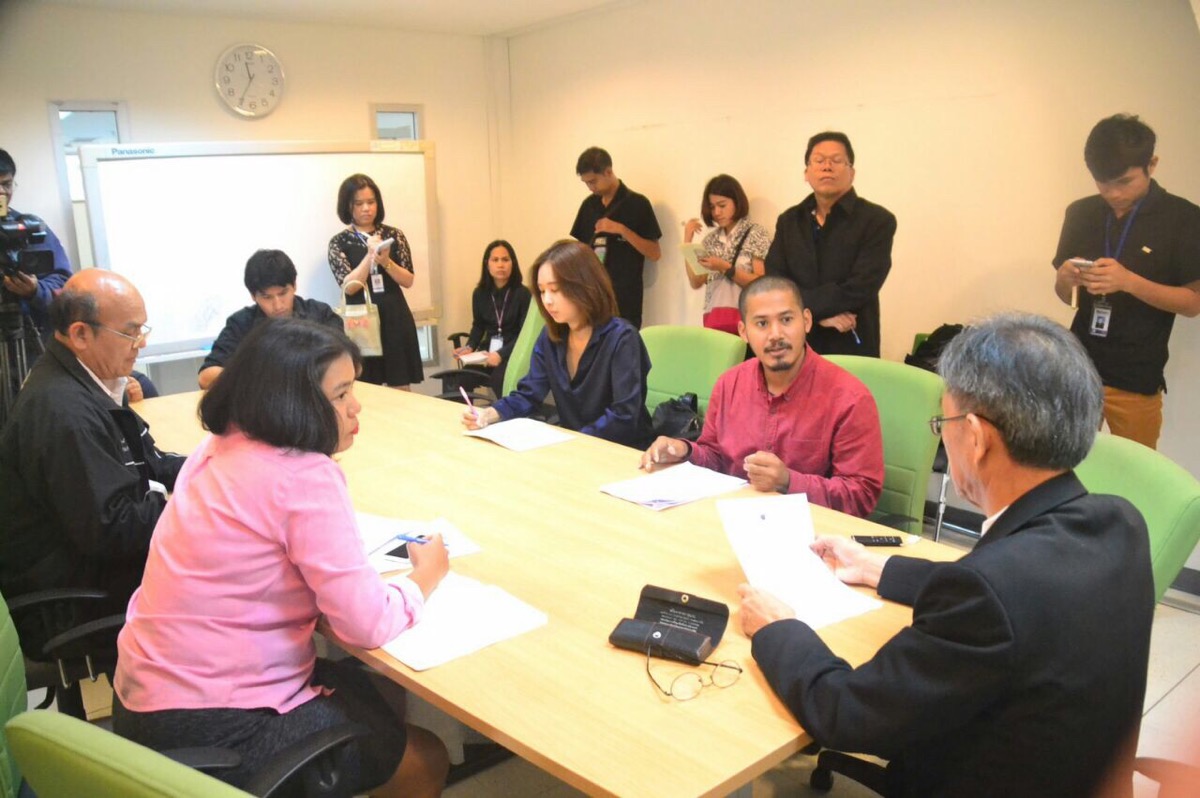
SPFT has been embroiled in land disputes with palm oil companies for several years. The Jiew Kang Jue Pattana company had been cultivating palm oil trees on a large plot of land in Surat Thani illegally, without documentation of a concession from the Thai government.
SPFT began investigating the company several years ago, reporting findings to the Agricultural Land Reform Organisation (ALRO), a government agency. With this documentation the ALRO began legal proceedings against the palm oil company. After numerous appeals, the ALRO won the case after a Supreme Court verdict in 2014. The death of Chai Bunthonglek is deeply connected to the palm oil company which is owned by local politicians.
Chai’s death and its interconnectivity with agribusiness interests are rather chilling and the attacks on him and other human rights defenders appear systematic. Thailand’s inability to investigate the multiple crimes against land rights defenders is problematic, as it has the capacity to uphold the rule of law and ensure that criminal investigations are held and perpetrators are punished for their crimes.
Thailand’s failure to investigate fortifies a culture of impunity.
History of land rights in Thailand
Before 1901, land rights in the Siamese kingdom were based on the rights of usufruct. Households were allowed to claim any unused land for cultivation as long as they could prove to the government that they had the means to make the land productive. In turn, the government would issue a land deed that served as both ownership and as a tax document. As long as the taxes were paid, the land would remain in the hands of the household.
There was little pressure to change land use laws, as the population was relatively low and the country boosted agricultural output when necessary by clearing forests. When population and international trade grew, King Chulongkorn responded, introducing regulations for recognition of private rights in 1872. Later in 1901 through the Department of Land, cadastral surveys established a centralised land registration system. A more serious attempt at land reform came after the 1932 Siamese Revolution, where the People’s Party attempted to redistribute land equally, much to the dismay of Thailand’s political elites, who had amassed considerable land wealth.
Contemporary land use is covered by the Land Code of 1954, which covers protocols for issuing documents recognising titles to land in non-forested areas. It also created different types of documentation, such as whether or not an owner can claim occupancy or gain legal possession of land. It also articulates how land can be utilised and certifies that the occupant has made use of the land for a period of time.
Widespread political mobilisation on the part of farmers and the deterioration and overthrow of the Thanom Kittikachorn government in 1973 made further reforms possible. Thanom’s iron grip on power once made land reform difficult, as an effort would have threatened the wealth of powerful regime figures, like Praphat Charusathien, Thanom’s right hand man and Deputy Prime Minister and would have also put an end to rural landlords, some of which were high-level government officials. Mobilisation by farmers spurred the Thai government to pass the Agricultural Land Reform Act in 1975 and established the ALRO.
While the murder or failed assassination attempts of human rights defenders brings news headlines, intimidation of SPFT communities can be just as terrifying for those targeted – particularly when the military is involved
The SPFT land dispute in Surat Thani began in the 1980s after then-Prime Minister Prem Tinsulanonda offered land concessions to both domestic and foreign corporations on large tracts of deforested land to plant palm oil and rubber. Local authorities looked the other way while some palm and rubber companies encroached on other protected lands.
While the ALRO has allocated more than 5.6 million hectares of land to as many as 2.2 million people, land conflict in Thailand’s southern provinces make it very difficult to distribute as much as 650,000 hectares of land.
After the May 2014 coup that brought Prayut Chan-ocha to power, land use policy has only worsened. The now-defunct National Council for Peace and Order (NCPO) established the National Land Policy Committee (NLPC) that attempted to centralise land use policies and land titling, most of which has led to confusion.
One regulation states that only heads of households can register for land allocation, while another sets the level of poverty extremely low. Those that own land or have an annual income of more than 30,000 baht ($960) a year, the equivalent of 82 baht per day, became ineligible to receive land allocations. The current minimum wage is approximately 325 baht per day in Thailand.
Intimidation and impunity
While the murder or failed assassination attempts of human rights defenders brings news headlines, intimidation of SPFT communities can be just as terrifying for those targeted – particularly when the military is involved.
In August of 2014, two local men, Sunthorn Chuaybamrung and Wisit Panprommin, along with 50 military personnel from the Surat Thani Internal Security Operations Command, commanded by Major Sombat Prasatkasem, conducted searches of eight houses belonging to members of the Klong Sai Pattana Community without a court warrant.
A month later, a group of seven men, led by 1MSGT Somsak Klom-eam, a soldier and Sunthorn Chuaybamrung visited the community and told villagers that they had a week to leave the area. Villagers saw this as a method of intimidation. Later discovery revealed that Sunthorn Chuaybamrung and Wisit Panprommin had been involved in attempts to buy land in the area and were using military forces to pursue their own private interests. A plea to the National Human Rights Commission of Thailand (NHRCT) and the Governor of Surat Thani province eventually provided brief assurance and peace of mind to the community.
In 2006, the Santi Pattana Community, also in Surat Thani province, overtook an area of land that had been under concession to several companies and previously under concession to the United Palm Oil Industry Public Co. Limited (UPOIC). In October 2020, an SPFT human rights defender named Dam Onmuang survived an assassination attempt while on guard duty at a security checkpoint by someone who is believed to be affiliated with the UPOIC. Dam had previously played a key role as the Santi Pattana Community coordinator in negotiating with the company and the Thai authorities, with this possibly making him a target by gunmen.
In most instances a culture of impunity surrounds these attacks, where investigations are slow, perpetrators seldom brought to justice, and linkages between the crimes and palm oil companies hidden from view.
However, despite years of physical and judicial harassment by palm oil companies, the SPFT in March won an important legal victory of their own. The Thai Administrative Court ordered the Department of Land to revoke title deeds for plots illegally awarded to palm oil plantations, including UPOIC. The administrative court found that the agencies were negligent in their duties and that they had 180 days to retract the deeds. The Department of Land is appealing the verdict.
It is clear that the murders and attempts on the lives of SPFT members are linked to their ongoing struggle with palm oil companies and their activities related to food insecurity, inequality, and land reform in the southern provinces. The SPFT is inhabiting disputed land that is also claimed by agribusinesses. The lack of investigation into these crimes since 2010 facilitate the culture of impunity in Thailand of these entities against human rights defenders.
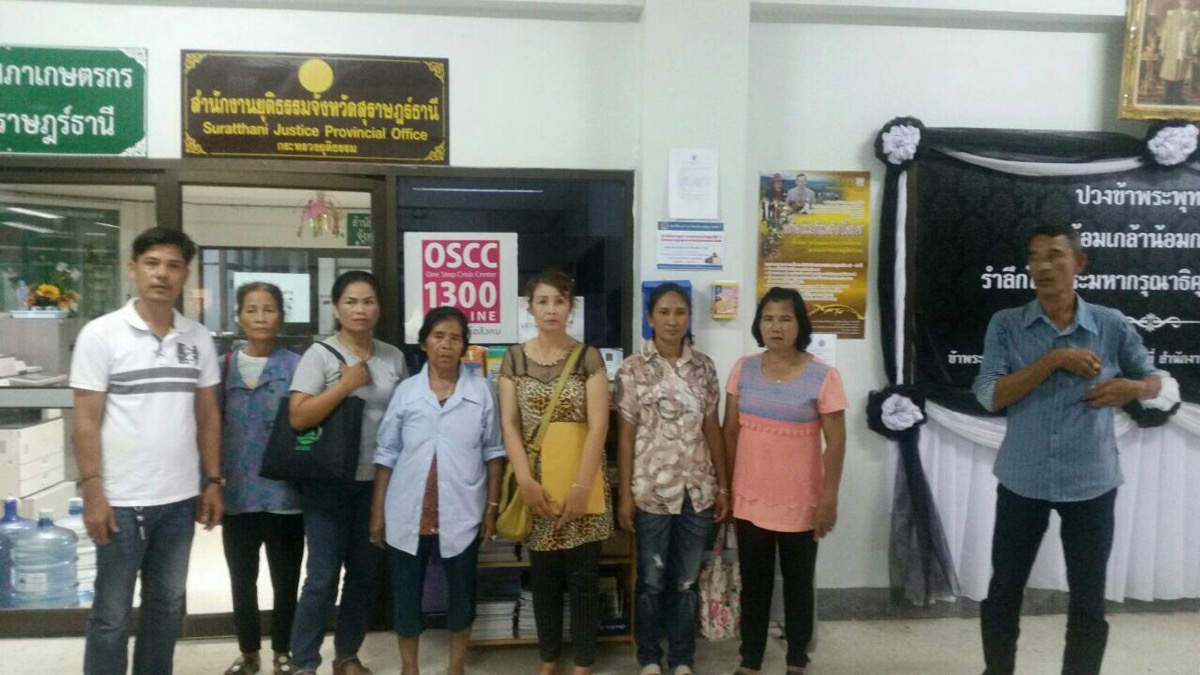
In November of 2015, the UN General Assembly passed a resolution on the protection of human rights defenders, with 117 member states voting yes on the resolution. Entitled “Recognizing the role of human rights defenders and the need for their protection,” the UNGA resolution calls for accountability for attacks on human rights defenders and their family members and urges states to release those that have been detained while exercising their fundamental rights to freedom of expression and peaceful assembly.
Thailand’s support for the 2015 UN resolution should coincide with more supportive policies on the protection of human rights defenders, but it hasn’t. Thailand continues to display a combination of indifference and policy incoherence across all agencies of the state, from those that deal with land reform to the NHRCT.
Thailand provides an inhospitable political and legal environment for human rights defenders, from its criminal use of the Computer Crimes Act, to judicial harassment by companies that have been aggressive in defending allegations of illegal land use, to criticism over labour conditions.
SPFT community members have faced criminal charges of invasion of property, criminal mischief, and criminal association. The use of civil suits and criminal charges is representative of authoritarian regimes across the region. Freedom of expression, whether for land rights activists, journalists, academics, or civil society, is shrinking. Intimidation is commonplace.
In Thailand, the rich, the powerful and the connected are rarely held responsible for their crimes and the lack of justice for SPFT communities are powerful reminders of this harsh reality.
Mark S. Cogan is an Associate Professor of Peace and Conflict Studies at Kansai Gaidai University in Osaka, Japan. He is a former communications specialist with the United Nations in Southeast Asia, Sub-Saharan Africa, and the Middle East.

